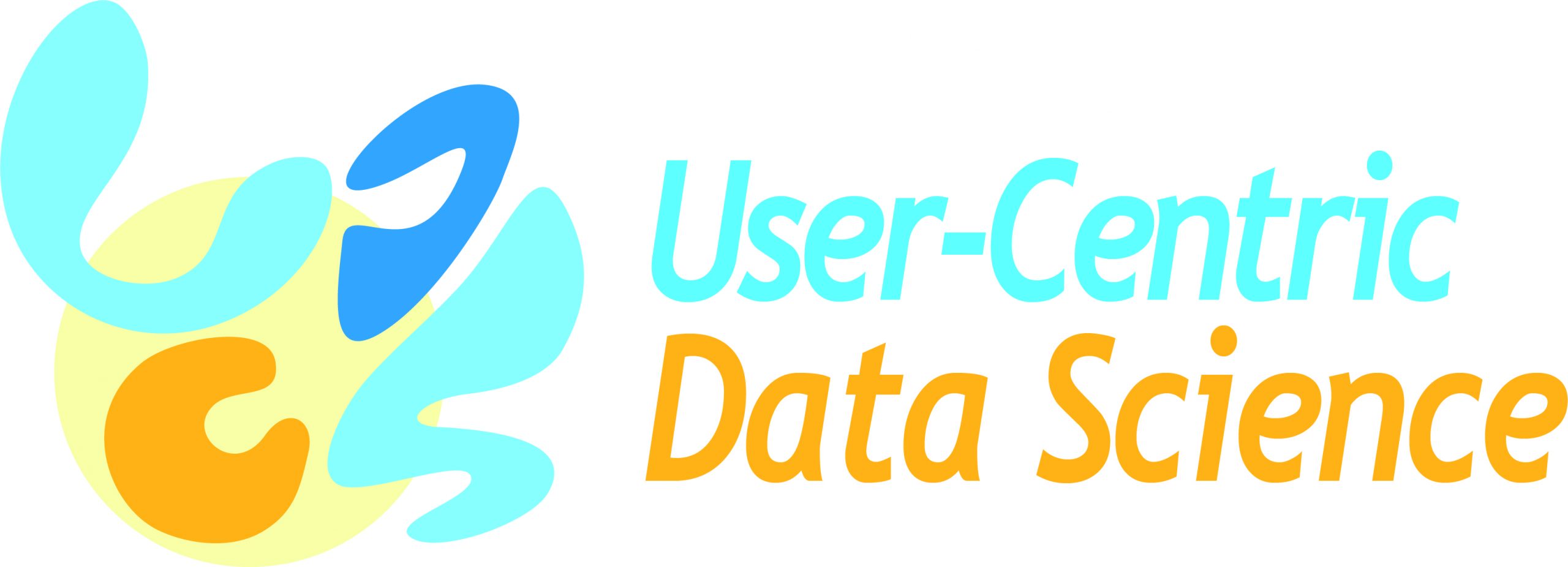-
Best Paper Award at SemDH 2025!
We are delighted to share that our paper, “Enhancing Provenance Research with Linked Data: A Visual Approach to Knowledge Discovery“, has received the Best Paper Award at the SemDH 2025 Workshop (Second International Workshop of Semantic Digital Humanities), co-located with the ESWC 2025 Conference, Portorož, Slovenia. This paper was authored by Sarah Shoilee (Vrije Universiteit…
-
Workshop “Let’s talk FAIR” at DHBenelux2025
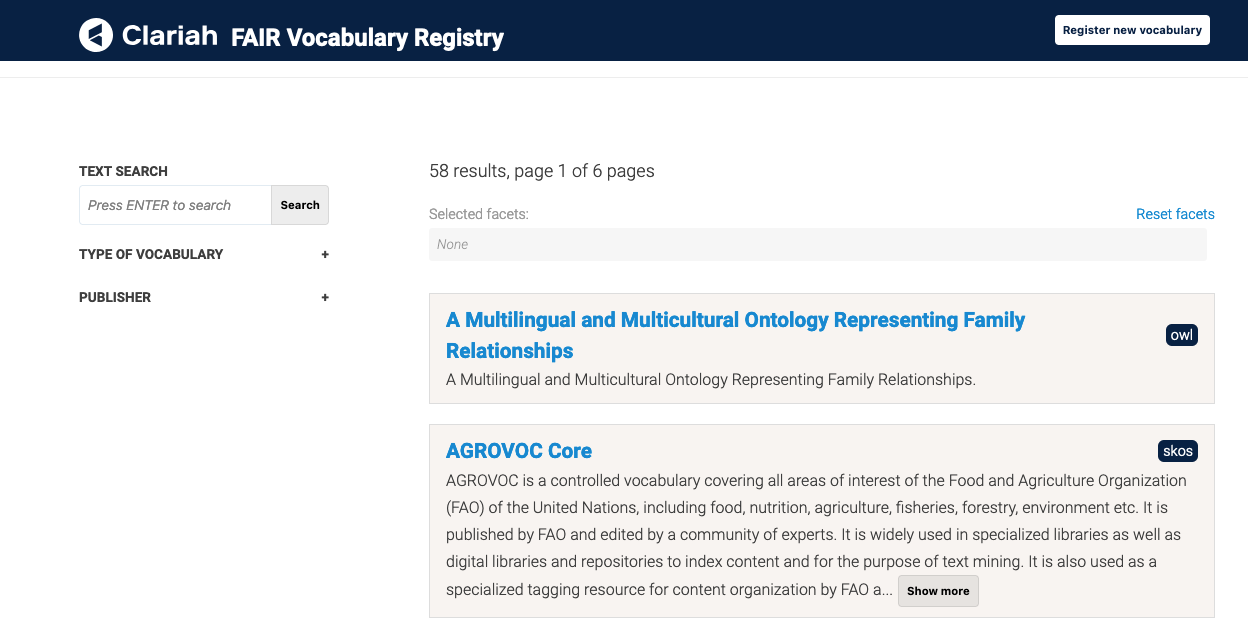
Workshop “Let’s talk FAIR: (Re)using FAIR vocabularies and schemas in humanities and social sciences” at DHBenelux 2025 The collaboration between projects ODISSEI and CLARIAH is producing results, for example the organization of the workshop “Let’s talk FAIR: (Re)using FAIR vocabularies and schemas in humanities and social sciences” co-located at the conference DHBenelux 2025. This workshop introduces…
-
Comparing FAIR Assessment Tools and Their Alignment with FAIR Implementation Profiles Using Digital Humanities Datasets
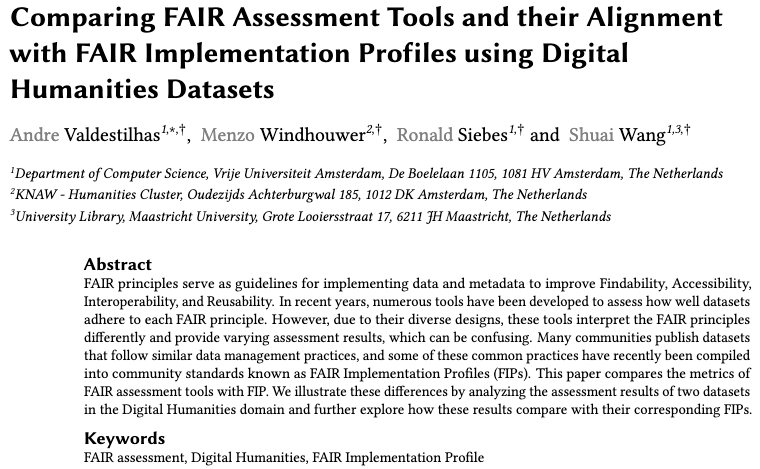
More good results from this collaboration between projects ODISSEI and CLARIAH is the paper entitled “Comparing FAIR Assessment Tools and Their Alignment with FAIR Implementation Profiles Using Digital Humanities Datasets”. Accepted at semDH workshop, colocated at ESWC 2025. URL Zenodo dataset: 10.5281/zenodo.15261773 Contact: a.vadestilhas@vu.nl
-
SSHOC-NL talk at Leipzig Semantic Web Day
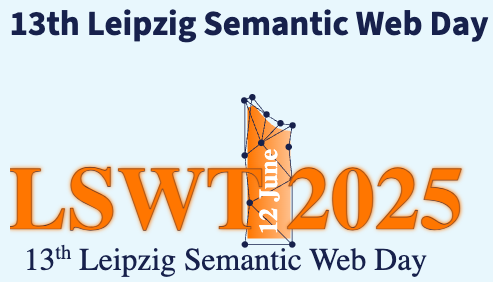
Andre Valdestilhas will give a talk about the SSHOC-NL project and related activities at Leipzig Semantic Web Day (#LSWT2025) colocated at Data Week Leipzig 2025. Title:Knowledge Graphs and FAIR principles applied to Social Sciences and Humanities on SSHOC-NL project URL: https://www.dataweek.de/en/lswt2025/
-
International Workshop on Semantic Materials (SeMatS)

We will be organizing the second edition of the International Workshop on Semantic Materials (SeMatS) colocated at ISWC 2025. URL: https://sites.google.com/view/semats2025 contact: a.valdestilhas@vu.nl
-
Exploring AI with Communities in Kuching, Sarawak
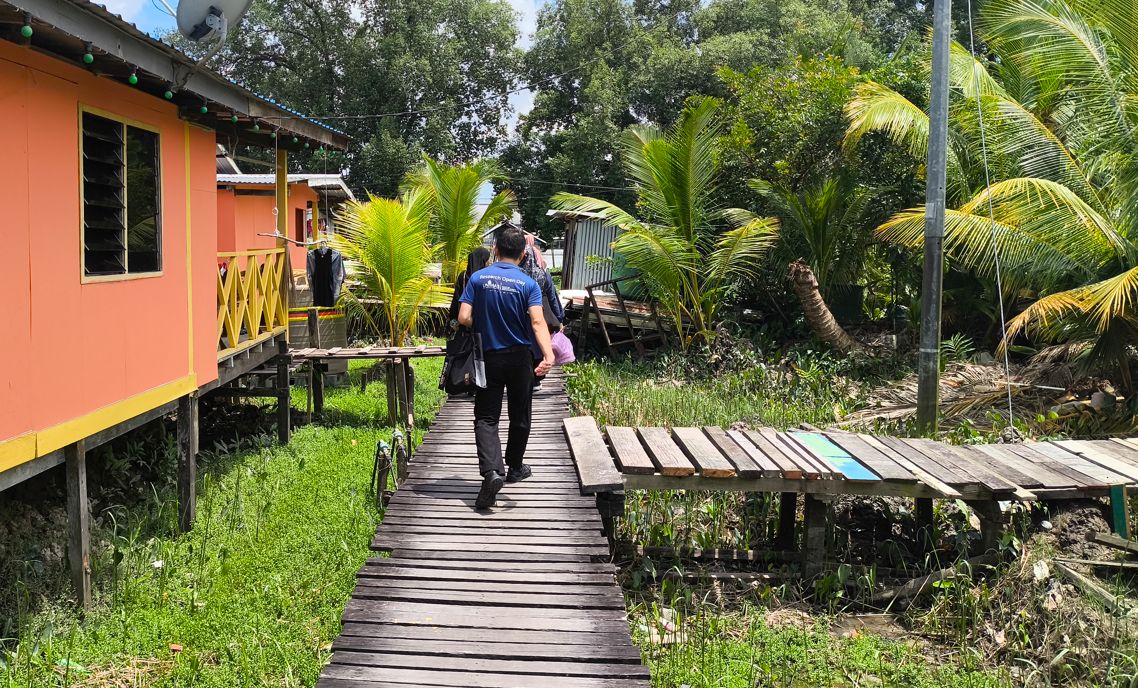
From April 7th to 12th, 2025, two researchers from UCDS visited Kuching, Sarawak. This visit, made possible through our long-standing collaboration with UNIMAS, was a vibrant mix of education, cultural exchange, and engaging discussions on the future of AI in society. dr. Cheah Wai Shiang, Associate Professor at UNIMAS was again our main point of contact for…
-
Linked Open Data for Cultural Heritage in The Palgrave Encyclopedia of Cultural Heritage and Conflict

Victor de Boer and Sarah Shoilee wrote an encyclopedic article summarizing the promises and challenges of Linked Open Data for Cultural Heritage. It has now been published as part of the The Palgrave Encyclopedia of Cultural Heritage and Conflict. In the article, we describe the principles and technologies of Linked (Open) Data and how these have been applied…
-
How unified IoT Communication transforms Smart Device Data into valuable information – The OfficeGraph resource

As VU UCDS participants in the HEDGE-IoT project, we wrote a blog post detailing the OfficeGraph knowledge graph. You can ready it on the project website:
-
Fairness versus Privacy: sensitive data is needed for bias detection

Authors: Sebastiaan Berendsen and Emma Beauxis-Aussalet AI systems are vulnerable for biases that can lead to unfair and harmful outcomes. Methods to detect such biases in AI systems rely on sensitive data. However, this reliance on sensitive data is problematic due to ethical and legal concerns. Sensitive data is essential for the development and validation…
-
HEDGE-IoT project kickoff

The HorizonEurope project HEDGE-IoT started January 2024. The 3.5 year project will build on existing technology to develop a Holistic Approach towards Empowerment of the DiGitalization of the Energy Ecosystem through adoption of IoT solutions. For VU, this project allows us to continue with the research and development initiated in the InterConnect project on data…
